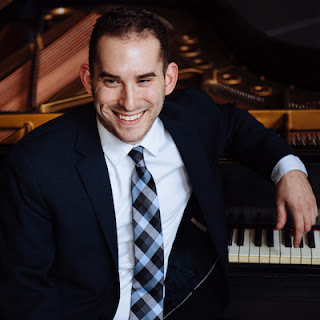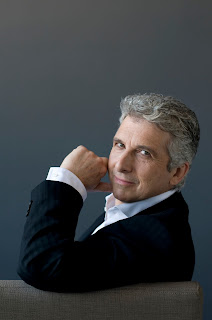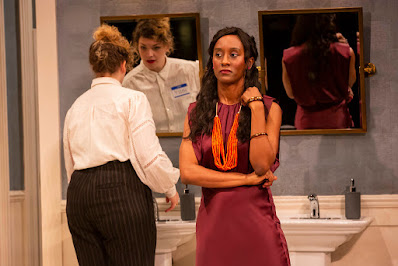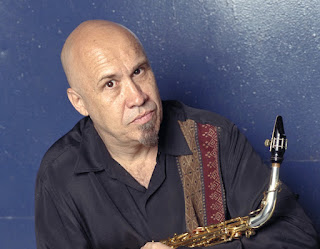Home burial: In 'The House That Jack Built,' a riven family struggles to find closure — or not

The experience of having streaming access to theater under the current pandemic conditions presents nagging temptations to critic and patron alike. Granted media access to cover Indiana Repertory Theatre' s season, I have a time-limited opportunity to see such a show as "The House That Jack Built," a new production of playwright-in-residence James Still's 2012 drama, the first of a prize-winning trilogy. A paying patron might well take advantage of repeat viewings, in whole or in part. For me, it's almost a matter of conscience: Shouldn't I allow myself only one real-time exposure to a play before writing about it, just as I would have to do when I used to attend opening nights in person? But then, memory is imperfect and first impressions have an unevenness or a teasing ambiguity to them. Why not go back and firm up anything that might be blurry in recollection? Isn't that more responsible? Exit full-screen mode, take the mouse and swipe left, picking up ...










